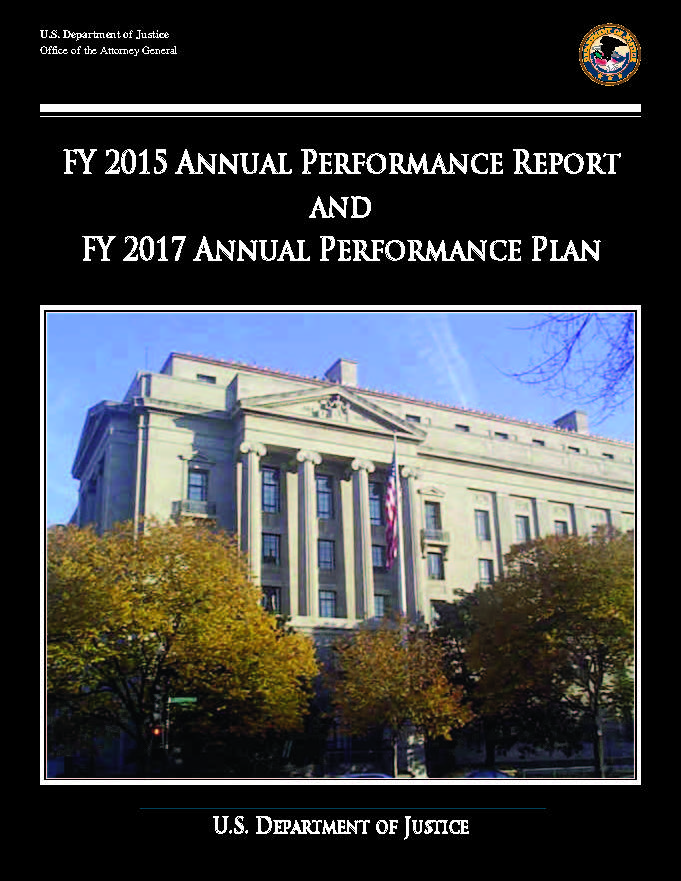- Home
- Agencies
- Department of Agriculture
- Department of Housing and Urban Development
- General Services Administration
- Department of Commerce
- Department of the Interior
- National Aeronautics and Space Administration
- Department of Defense
- Department of Justice
- National Science Foundation
- Department of Education
- Department of Labor
- Office of Personnel Management
- Department of Energy
- Department of State
- Small Business Administration
- Environmental Protection Agency
- Department of Transportation
- Social Security Administration
- Department of Health and Human Services
- Department of the Treasury
- U.S. Agency for International Development
- Department of Homeland Security
- Department of Veterans Affairs
- Goals
- Initiatives
- Programs
Primary tabs
Key to Changes
This text is Revised text
This word has been added to the text
This text is Last Published text
This word has been removed from the text
Modifed styling with no visual changes
Strategic Objective
Investigate and prosecute espionage activity against the United States
Strategic Objective
Overview
Foreign espionage strikes at the heart of U.S. national security, impacting political, military and economic arenas. The foreign intelligence threat to the United States is expanding, becoming more complex and less predictable. While traditional threats to national defense, military operations and policy, and intelligence, and science and technology remain, many intelligence threats are expanding their targets to include the burgeoning population of cleared defense contractors and other sectors affecting U.S. security, most notably sensitive economic information and emerging proprietary technology. Concurrently, foreign threats now have sophisticated networks of governmental and non-governmental entities using a wide array of intelligence collection platforms and engaging in long-term efforts to obtain sensitive information and threaten the security of the United States.
The Department will combat espionage by, among other things, vigorously investigating and prosecuting violations of espionage statutes and regulations. Additionally, DOJ will investigate and prosecute violations of export control and embargo statutes and regulations by combining intelligence and law enforcement to target individuals and networks involved in the illicit trafficking of controlled technologies and the proliferation of weapons of mass destruction and will expand its export control initiative to ensure nationwide coverage.
Read Less...Progress Update
Strategic Objective Review Summary of Findings: On track and making satisfactory progress
Liaison and outreach is central to the Department’s counterespionage strategy. The FBI maintains thousands of liaison contacts nationwide, and initiated hundreds of investigations and threat assessments based on shared information. The Department surpassed its targets for both key performance measures under this objective, as 14 percent of its counterespionage actions and disruptions against national counterintelligence priorities resulted from FBI outreach activities, and 98 percent of DOJ counterespionage cases were favorably resolved. Notable case successes include the June 2015 guilty plea of Mostafa Ahmed Awwad, who pleaded guilty to attempted espionage to providing schematics of the nuclear aircraft carrier USS Gerald R. Ford to Egypt; the February 26, 2015 guilty plea of Ali Mohammadi, who conspired to export one Series 446 Rate Integrating Gyroscope, a component of the TOW missile, from the United States to Iran; and the arrest of Yu Long, who is charged with attempting to travel to China with sensitive proprietary documents.
In furtherance of the White House’s strategy to increase the protection of trade secrets, The Company Man, a compelling true story video based upon an actual FBI investigation involving the targeting of a U.S. company’s trade secrets by China, has been shown at 1,300 events to over 60,000 individuals, leading to a 53 percent increase in the number of economic espionage cases since the its release. Although the surge in economic espionage continues to strain resources and the proliferation of new technology tools and the wide array of intelligence collection platforms require access to, and time for, advanced training, the Department continues to develop aggressive “trip wire” programs to proactively identify espionage activities before sensitive information is disclosed or compromised; hold threat working groups with other agencies and field offices, the private sector, and academia to make the counterintelligence threat clearer to potential targets and to share information regarding prevention of, and responses to, intrusions; and increase outreach to cleared defense contractors and other corporate entities to further efforts to identify and prosecute theft of sensitive commodities and technology.









